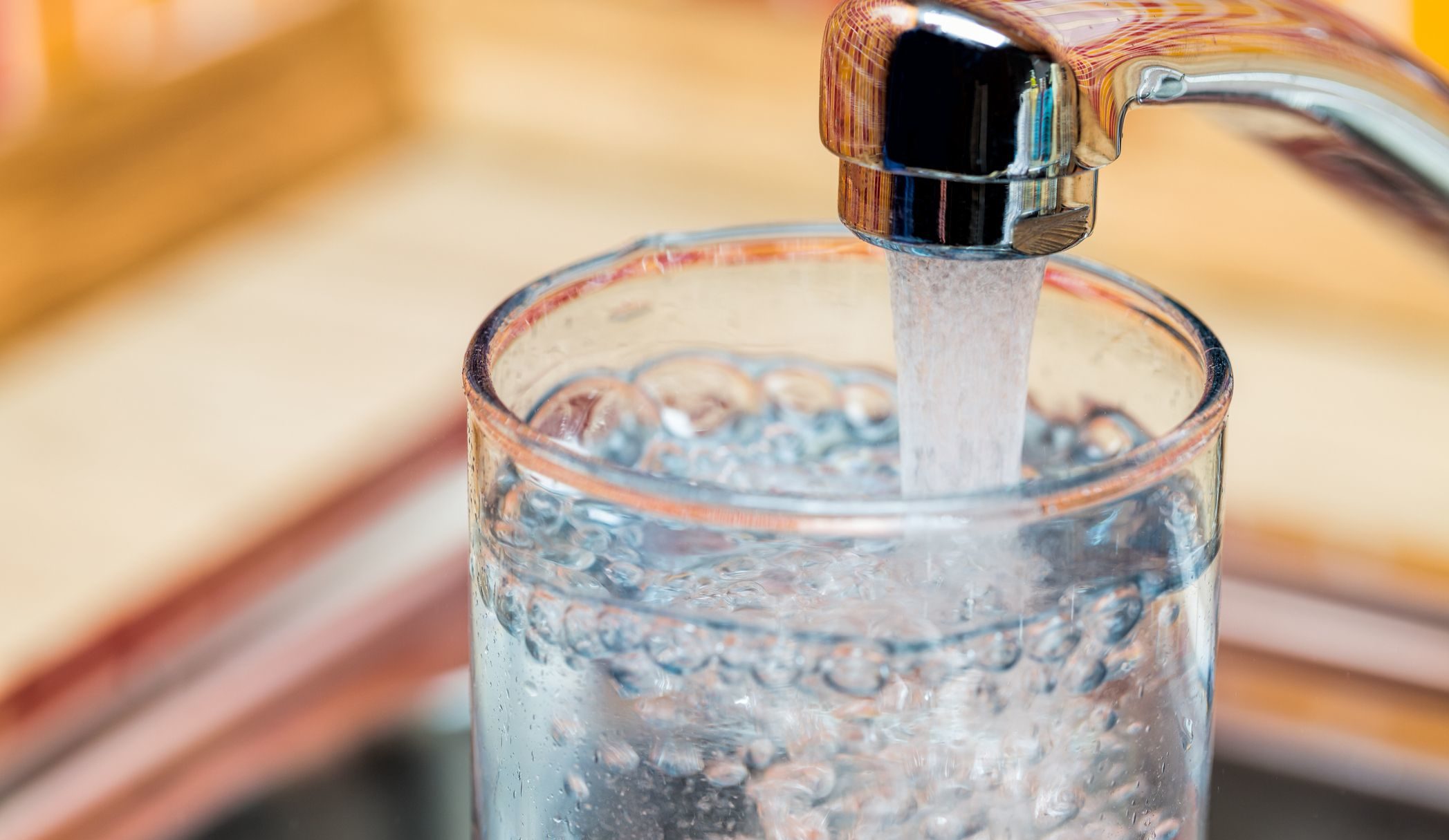
Township of Marathon
Northern Water Works c/o Rodger Betts Marathon Ontario Fax: (807)-229-1979
All Persons Consuming Water from the Marathon Drinking Water System
Drinking Water Advisory Notice
Please be advised that recent water samples have shown sodium levels to exceed 20 mg/l. This is a concern for people who are on a sodium restricted diet.
Please ensure that an alternative source of drinking water such as bottled water is available for those who are required to limit their sodium intake.
This advisory will remain in effect until test results indicate that sodium concentration levels fall below 20 mg/l.
If you have any questions, please call our office at 625-5926/625-5930 and after hours please call Nurses Registry at 624-1280.
Kim Radul, BASc, C.P.H.I. (C) Public Health Inspector Thunder Bay District Health Unit Environmental Health Programs Phone: (807) 625-5907
Fax: (807) 625-4822
Toll free: 1-888-294-6630
What does this mean?
Sodium in drinking water in Marathon
ENVIRONMENTAL HEALTH UPDATE FOR RESIDENTS, HEALTH CARE PROFESSIONALS AND COMMUNITY PARTNERS
The Marathon municipal water system is supplied by groundwater from underground aquifers that have varying levels of naturally present sodium. The Guidelines for Canadian Drinking Water Quality and Ontario Drinking Water Standards set an aesthetic objective of 200 mg/L. Sodium concentrations above 200 mg/L, may alter the taste of water. Marathon municipal water contains sodium levels under 200 mg/L and is considered safe for drinking.
The Ontario Drinking Water Systems Regulation 170/03 under the Safe Drinking Water Act requires reporting to the local Medical Officer of Health when sodium levels in public drinking water supplies exceed 20 mg/L or more. At this point, the local Medical Officer of Health informs local physicians, as such information is intended to help persons on sodium-restricted diets control their sodium intake.
This Health Advisory is to advise residents, health care professionals and other users of the municipal drinking water supply that sodium levels in some parts of the municipal drinking water supply have tested above 20 mg/L. While sodium concentrations for most properties are not a concern, elevated sodium concentrations may be present occasionally in the immediate vicinity of Well 2 and Well 6.
HEALTH CONSIDERATION: INDIVIDUALS ON SODIUM-RESTRICTED DIETS
Sodium is not considered to be toxic. Your body needs sodium to maintain blood pressure, control fluid levels, and for normal nerve and muscle function. Food, not water, is the major source of sodium in our diets. Sodium is also found in drugs such as antacids, laxatives, aspirin, and cough medicines, as well as table salt. One teaspoon of table salt or sea salt contains 2,300 mg of sodium.
Drinking up to two litres of water per day at the levels found in some parts of Marathon could add 40 to 45 milligrams of sodium to your diet. This is about 2% of a teaspoon of salt. For healthy adults, this sodium level in drinking water does not pose a risk. Even for individuals on very strict sodium-restricted diets of 500 mg of sodium per day, two litres of water would only account for 8% of their daily allotment of sodium. Also, Wells 2 & 6 account for very little of the total volume of water in the Marathon system (1.4% in 2023) so the average sodium level in the tap water is generally below 20mg/L.
Who is at risk?
For a healthy adult, the level of sodium in the water supply does not pose a risk to health. However, people on sodium-restricted diets should consult with a health care professional. They may recommend that you drink sodium-free packaged or bottled water or remove sodium from your water by using a water treatment device.
Water softeners
Water softeners can add significant amounts of sodium to your drinking water. If you have a water softener, consider using a separate unsoftened water supply for cooking and drinking, or use a separate water line for drinking that bypasses the water softener. Water from a water softener should not be given to infants and should not be used to prepare infant beverages including formula and juice.
More information
If you have questions about sodium in your drinking water, please consult your health care professional, or call Thunder Bay District Public Health at 807-625-5926 or 807-625-5930, after hours 807-624-1280.
Contact Us






 Subscribe to this Page
Subscribe to this Page